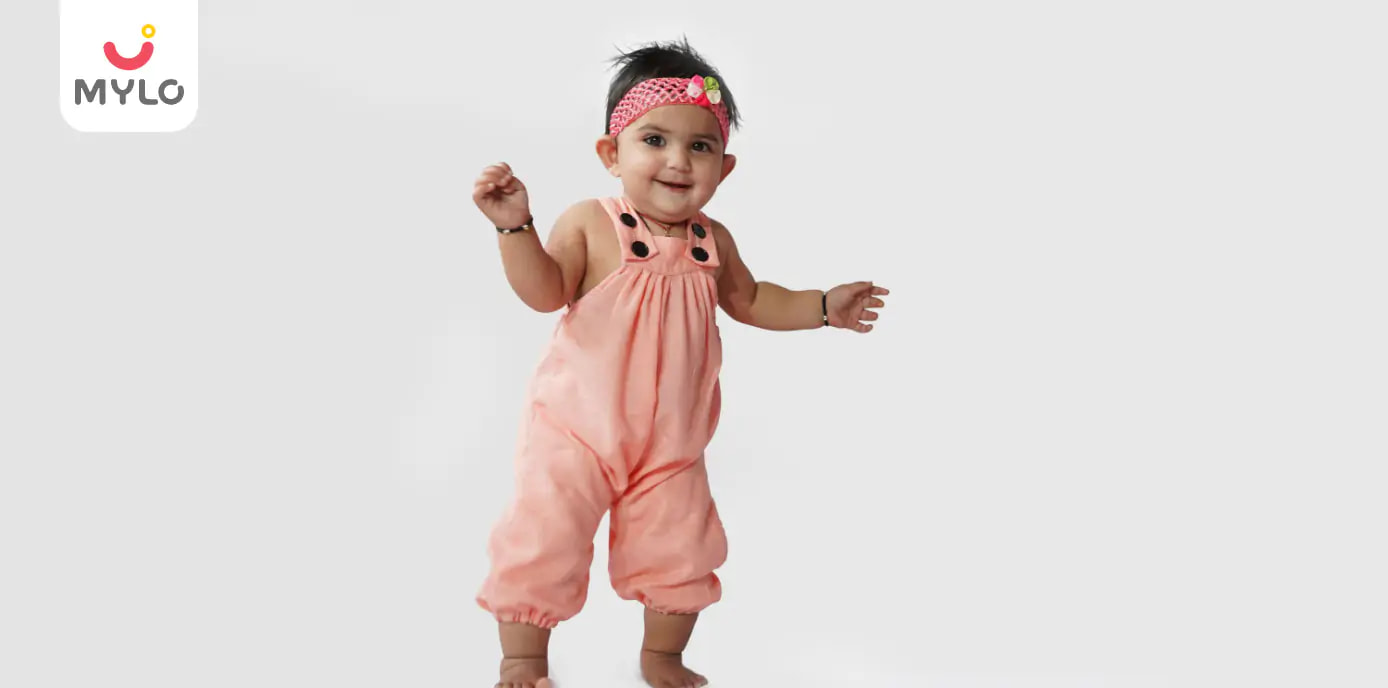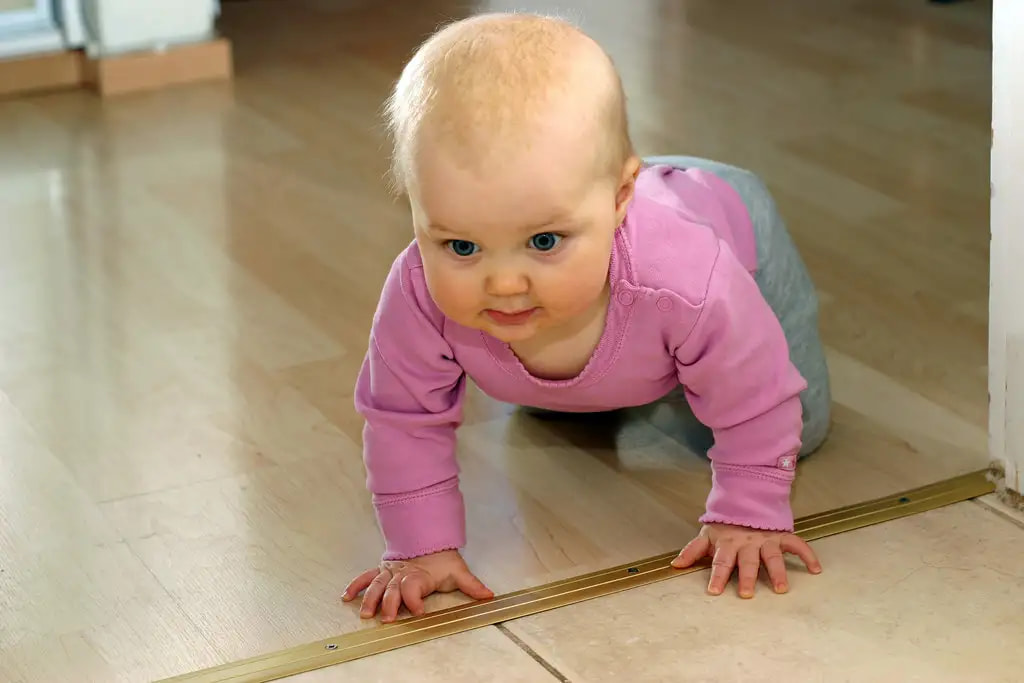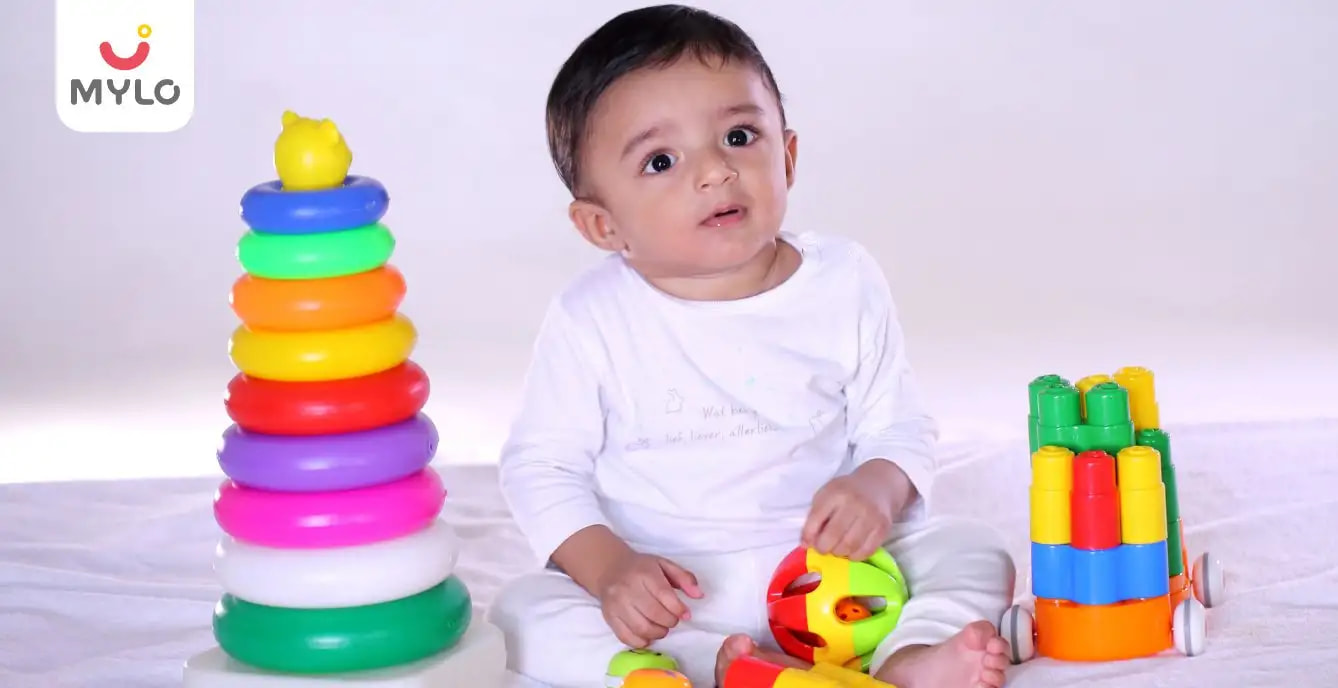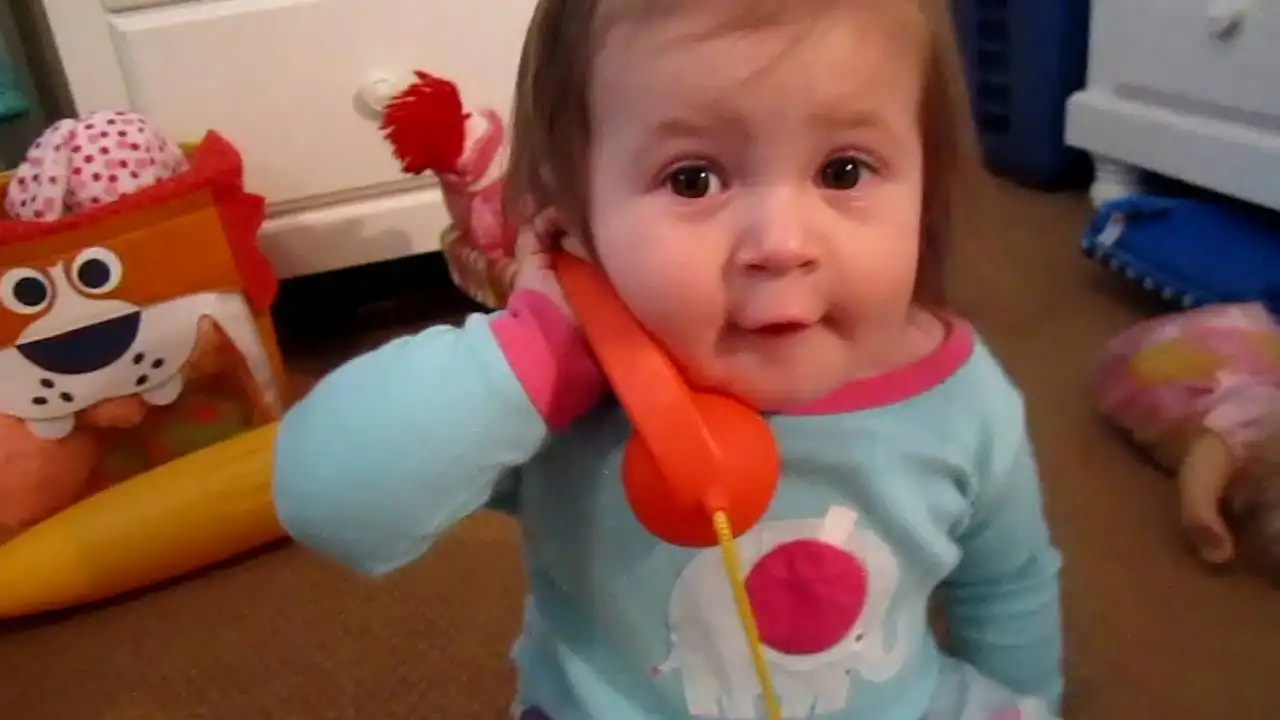Home

Growth & Development

What are the Reasons for Late Walking in Babies?
In this Article
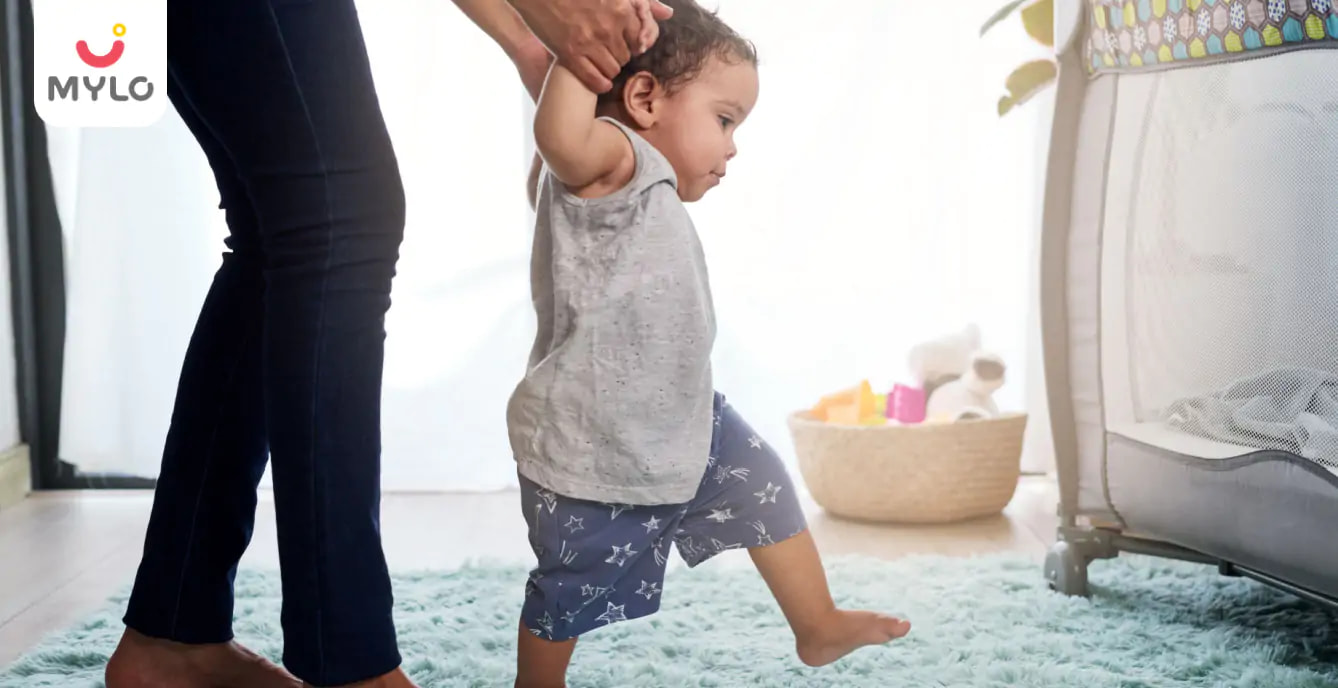
Growth & Development
What are the Reasons for Late Walking in Babies?
Updated on 30 May 2023
"The First step a baby takes is into your heart."
Picture this: your little bundle of joy, who was your arm candy and needed you for mobility, is now ready to embark on an incredible milestone—their first steps. As parents, witnessing your baby take those wobbly, uncertain steps is a moment that fills your heart with both pride and awe. The journey of learning to walk is an important developmental milestone that signifies a newfound sense of independence and opens up a world of exploration for your little adventurer. Parents often ponder over the reasons for late walking in babies and in which month does the baby start walking?
Babies are on a constant quest for growth and development from the moment they are born. They progress through milestones, from rolling over to sitting up, crawling, and eventually standing. But it's the act of walking that truly captures our attention and marks a giant leap forward in our physical abilities.
As parents, we often get stressed by comparing the developmental journey of our little one with others and constantly thinking that in which month does the baby start walking? Always remember that each baby is different, with a unique timeline for reaching developmental milestones. Here is a complete guide about delayed walking in babies, from how they learn to walk to the cause of delayed walking.
How Do Babies Learn to Walk?
Over the first year, parents notice signs that the baby will walk soon. To walk, babies pass some of these walking milestones:
- Around the age of 4-5 months, even when held upright, your baby will let their legs dangle and try to push its little feet on whatever hard surface they come into contact with.
- As your baby starts to sit, crawl, and roll at around six months, they will also begin to bounce on their feet whenever you allow them to balance their legs.
- Your baby will begin pulling up with furniture assistance at nine months.
- Your baby will learn to bend their knees and sit down from standing when they are 9 to 10 months old.
- Around 12 months, your baby may be able to take a few steps forward with some assistance and eventually learn to stand on their own. Another possibility is that your baby may walk holding both hands.
- Most toddlers learn to walk by the time they are 13 months old, but they may be a little shaky at first.
When do babies start walking?
According to CDC, babies start walking between 10 to 18 months of age. If your baby hasn't started to walk by 13 months, he/she may require a few more months, and that's perfectly normal. Some babies start walking around 12 months, while others don't walk until 16 or 17 months. Give your little one some time if your baby has not started walking by 14-15 months but can perform other motor skills like pulling up or standing alone. You should encourage your baby to walk, give them more time on the floor and play helpful games with them. If your baby does not begin to walk by 18 months, you should talk to your doctor.
What are the Reasons for Late Walking in Babies?
Here are some of the reasons for late walking in babies:
1. Hereditary
If one or both parents walked late in their childhood, their child might also walk late. This isn't a disease but a maturational delay caused by genetic or familial influence.
2. Premature Birth
Infants who are born prematurely are likely to display some developmental delay. It is normal to expect a delay of 2-3 months from expected milestones in preemies as long as the baby shows healthy overall progress.
Also read: Signs That Your Baby Will Walk Soon
3. Muscular Dystrophy
Muscular dystrophy is a hereditary neuromuscular disease that causes weakness in the muscles. It is one of the most common reasons for late walking in babies and requires immediate medical attention. Another reason could be spinal muscular atrophy.
4. Vitamin D Deficiency
Along with calcium, babies need Vitamin D for bone development. Babies with a vitamin D deficiency could walk late.
5. Rickets
Rickets, another condition that affects bone development in children, can be one of the reasons for late walking in babies. It can be treated if the disease hasn't progressed to an advanced level.
6. Hypothyroidism
An underactive thyroid can delay milestones in babies, leading to poor muscular tone, weak musculature and delayed walking.
7. Neurological Disorders
Babies with neurological disorders like cerebral palsy or Down Syndrome may experience delayed walking.
8. Underlying Health Conditions
Sometimes a walking delay may be a symptom of or caused by an underlying condition. Examples of such health conditions include Barth syndrome, Rett syndrome, Russell-Silver syndrome, William's syndrome and Hypotonia.
9. Environment
Babies who experienced long-term hospitalization or an illness may experience delayed walking. Additionally, babies not given enough opportunities to practice their motor skills, such as playing on the floor, may experience a delay in walking.
Babies must not be kept in strollers or baby chairs for extended periods and are given plenty of opportunities to move, explore and play.
Read: Top 5 Reasons Why Using a Baby Growth Tracker is Important
What Are Early Indicators for Delayed Walking?
Here are some of the early signs of delayed walking that your baby may present during the first two years of life:
- Baby is unable to sit without support by nine months.
- Baby cannot stand with the back support by 12 months.
- Baby does not walk steadily by 16-23 months.
- Baby constantly tiptoes and step on their toes.
- Baby is progressing late on other developmental milestones like lifting head, rolling over etc.
Sometimes, delayed walking in babies could be a sign of an underlying health condition. Parents are advised to talk to a doctor immediately if their baby does not walk by 18 months.
You may also like: Baby Milestones: A Week-By-Week Guide to Your Baby’s Development in the First Year
How To Help Your Baby Walk?
- If you want to see your newborn walking as soon as possible, give them plenty of opportunities to move, explore and play. Allow your baby a few hours on the floor so they can crawl, cruise, and stand-alone.
- You can also hold your baby's hand while they are in a standing position and guide them around the room. It will teach your baby to lift their legs, move and learn to balance.
- You may want to hold or carry your baby most of the time, but the more floor time your little one gets, the sooner they walk. Allow your baby to become mobile, scoot, crawl and pull up as much as possible.
Closing Thoughts
Now that you know the reasons for late walking in babies, you can take the necessary steps to help your baby take their first steps. And if you still have concerns, it's best to visit a doctor. In the end, late walking in babies can have various reasons, and it is essential to remember that each child is unique. By providing a nurturing and stimulating environment, offering opportunities for physical activity, and seeking professional advice when needed, parents can support their baby's development and deal with delayed walking in babies with patience.
References
1. Agarwal A, Gulati D, Rath S, Walia M. (2009). Rickets: a cause of delayed walking in toddlers. Indian J Pediatr.
2. Dorling J, Salt A. (2001). Evidence based case report: Assessing developmental delay. BMJ.



Written by
Priyanka Verma
Priyanka is an experienced editor & content writer with great attention to detail. Mother to an 11-year-old, she's a ski
Read MoreGet baby's diet chart, and growth tips

Related Articles
Related Topics
RECENTLY PUBLISHED ARTICLES
our most recent articles

TV & OTT
10 Best Netflix Movies to Watch Out For in 2023

Yoga
Fertility Yoga: A Natural Solution to Boost Your Chances of Conception
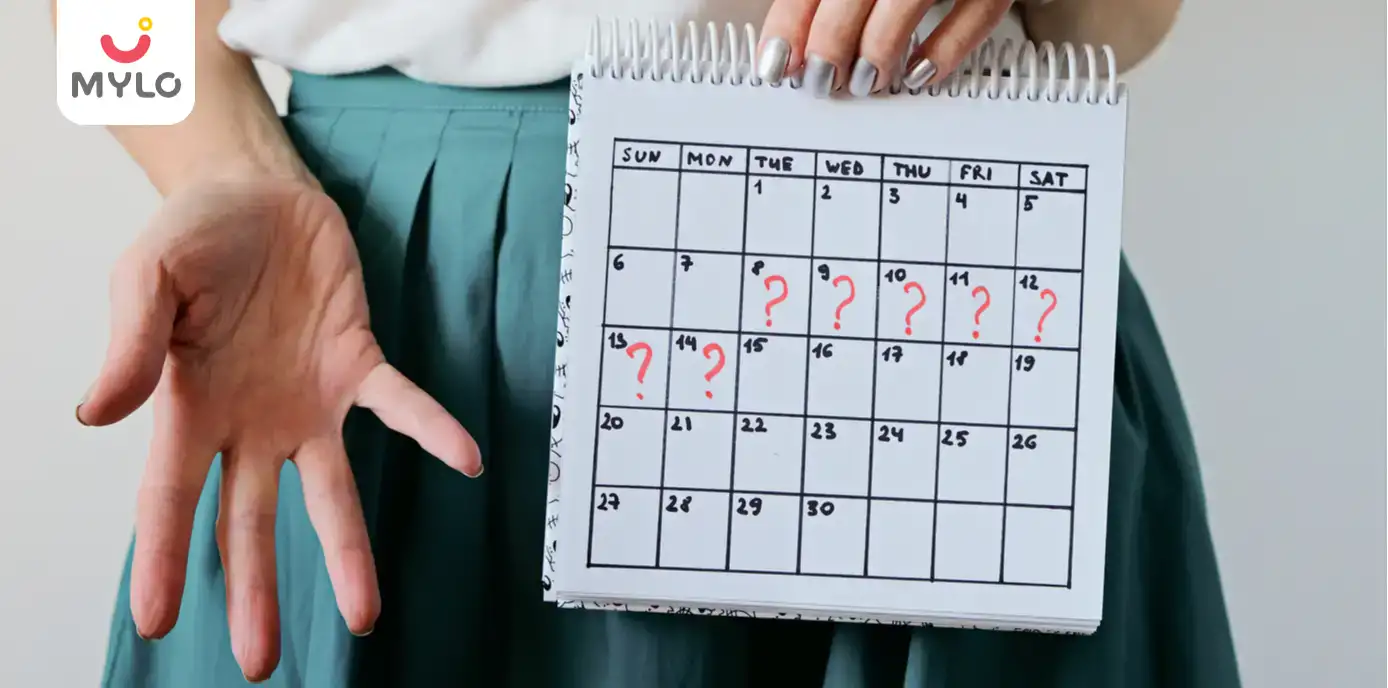
Periods
How to Get Regular Periods Naturally: Ayurvedic Herbs, Lifestyle Changes & Homeopathy
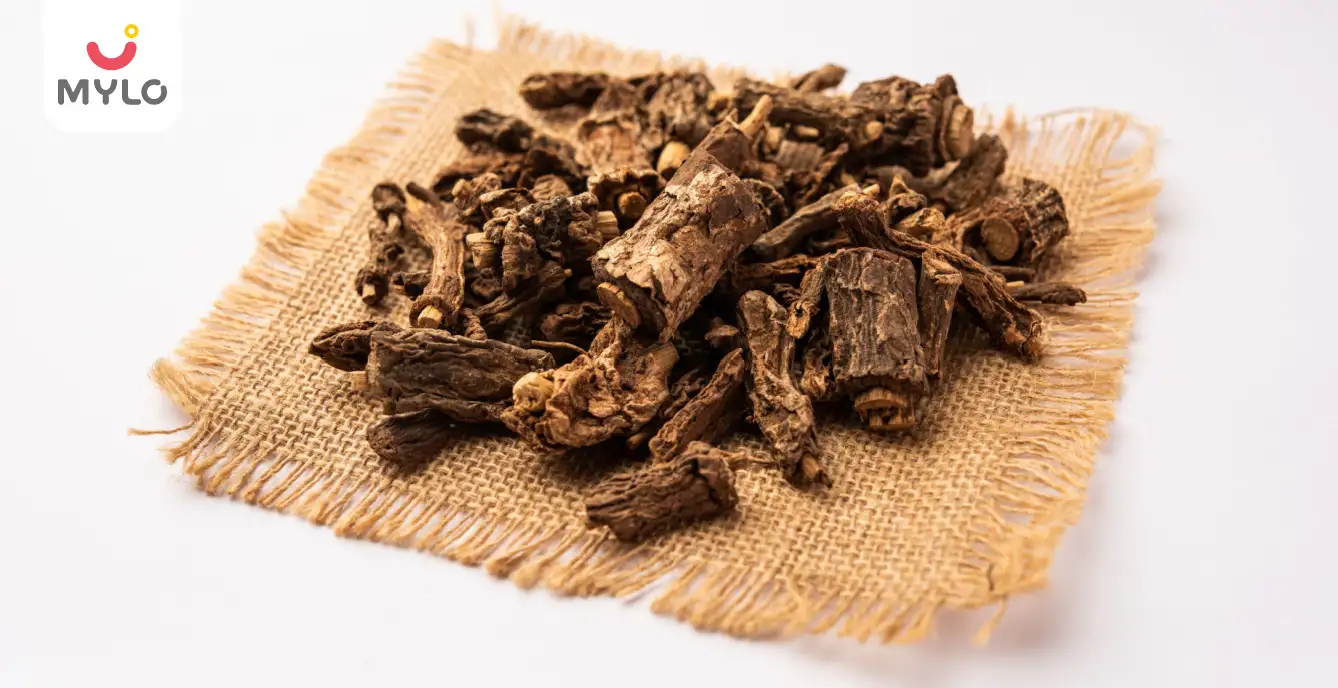
Women Specific Issues
Lodhra: The Wonder Herb for Women's Health

Illnesses & Infections
Malabsorption Syndrome: Types, Causes, Symptoms, & Treatment

Care for Baby
Top 10 Short Bedtime Stories for Kids
- RH Incompatibility in Pregnancy - Causes, Symptoms & Treatments
- Patent Ductus Arteriosus (PDA) Symptoms & Treatment
- Why Babies Cry After Birth?
- IVF Process Step by Step Timeline: What to Expect During Your Fertility Journey
- Tracheoesophageal Fistula: Causes, Symptoms, Risks & Treatment
- Stillbirth: Cause, Symptoms, Risks & Prevention
- Giant Congenital Melanocytic Nevus: Causes, Symptoms, & Treatment
- Tokophobia: How to Manage Your Phobia of Pregnancy & Childbirth
- Low BP in Pregnancy: Symptoms, Effects & Treatments
- Helping your twins to sleep at the same time
- Baby Brain Development: What You Should Know
- Tummy Tuck (Abdominoplasty) Procedure, Risks, Preparation & Recovery
- Spina Bifida: Causes, Symptoms & Treatment
- Diastasis Recti: Causes, Symptoms, Risks & Preventions


AWARDS AND RECOGNITION

Mylo wins Forbes D2C Disruptor award

Mylo wins The Economic Times Promising Brands 2022
AS SEEN IN

- Mylo Care: Effective and science-backed personal care and wellness solutions for a joyful you.
- Mylo Baby: Science-backed, gentle and effective personal care & hygiene range for your little one.
- Mylo Community: Trusted and empathetic community of 10mn+ parents and experts.
Product Categories
Baby Carrier | Baby Soap | Baby Wipes | Stretch Marks Cream | Baby Cream | Baby Shampoo | Baby Massage Oil | Baby Hair Oil | Stretch Marks Oil | Baby Body Wash | Baby Powder | Baby Lotion | Diaper Rash Cream | Newborn Diapers | Teether | Baby Kajal | Baby Diapers Pants | Cloth Diapers | Laundry Detergent | Lactation Granules |



